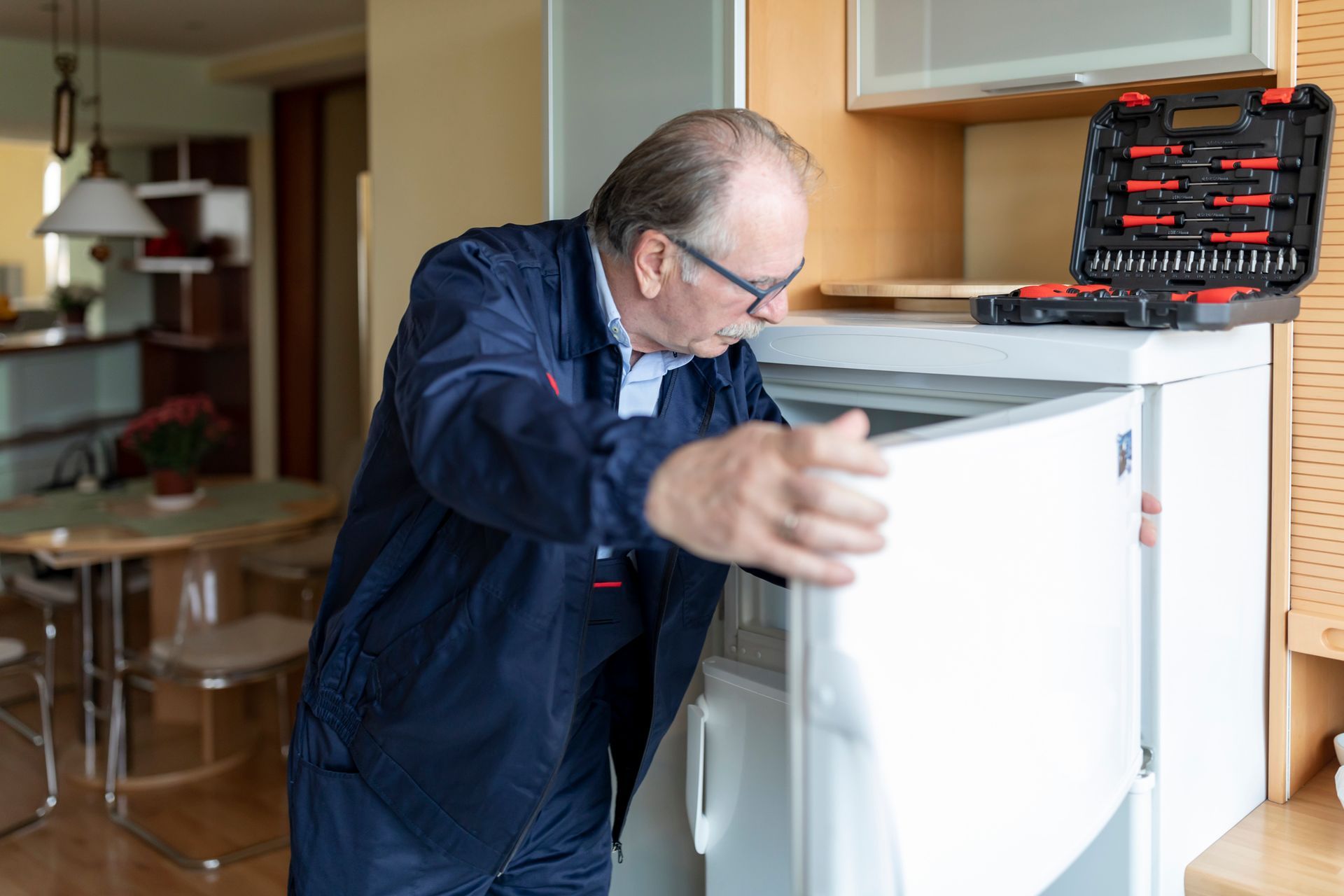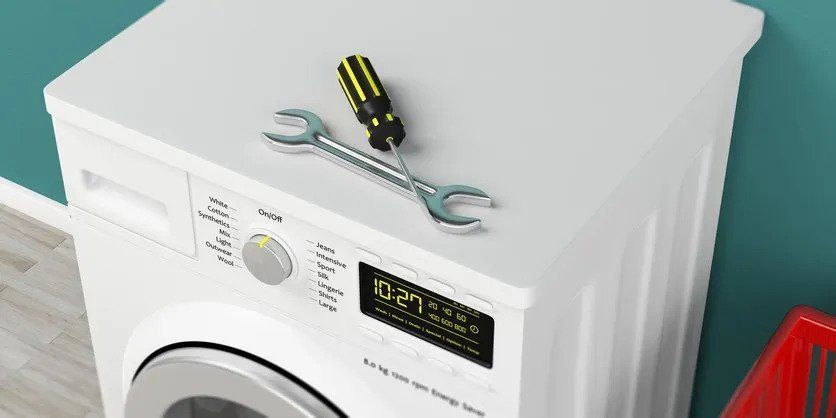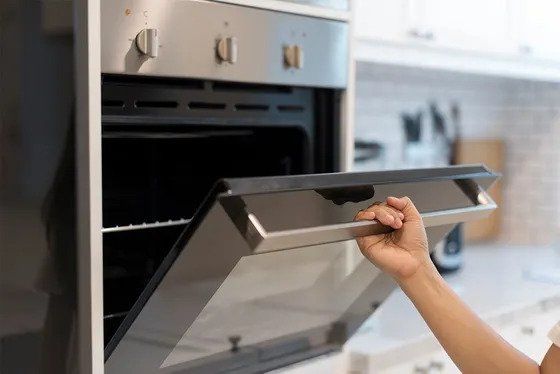Oven Maintenance Tips
20 September 2017
The kitchen is the heart of your home. And when part of it isn't working right, everyone knows. From Thanksgiving dinner to pizza night, your oven gets a regular workout. That means it needs regular maintenance if you want to keep it in working order.
What can you do to make sure that your oven stays in top shape? Even though it's tempting to order out and save the appliance for special occasions only, that just isn't practical. You have to use your oven, possibly every day. With that in mind, following a regular maintenance routine and taking care of this kitchen appliance is absolutely essential.
Without proper attention, your stove might fail you when you need it most.
While you can't always stop problems from appearing, caring for your oven might mean the difference between pricy repairs and a consistently working appliance. Before you get into oven trouble, take a look at these easy-to-apply maintenance tips.
Clean the Oven
This is the best way to keep your oven in top shape. Cooking isn't always neat and tidy. Even though you try to keep things clean, spills happen. Spills equal gunk, grime and debris that can build up on the inside of your oven. Not only will cooking in your oven cause interior issues, but stovetop spills can drip onto the knobs and make their way down around the oven door.
Find out whether your oven is a self-cleaning oven or not. If your oven isn’t a self-cleaning oven, you should only clean it with cleaning supplies, whereas a self-cleaning oven can clean itself.
There are more than a few commercially-available oven cleaners. Use these chemicals to get the grime off of your oven. If you're sensitive to some smells or if you just don't like the idea of using chemicals where you cook, you have other options. A baking soda, vinegar and dish soap mix will clean the grease from your oven — minus the major chemical smells.
Don't put off cleaning your oven until the day before Thanksgiving or when you have a special occasion.
Regular cleaning will help to make sure that your oven won't build up a thick, potentially clogging layer of grease and grime. After you use the oven and it has cooled, wipe down the oven. Wipe the oven down at least once a week this will help to keep it clean and may reduce the likelihood that it will need repairs.
This doesn't mean you need to do a heavy-duty cleaning all of the time. Save that for three to four times a year.
Self-Cleaning Ovens
If your oven is self-cleaning, avoid chemical cleaners during routine care. These may damage your oven. Instead, opt for a cleaner made specifically for self-cleaning ovens or run the self-cleaning feature a few times per year.
How does the self-cleaning feature work? It heats the oven to the point of burning off spills and other types of leftover debris. Most self-cleaning cycles last between two and four hours, depending on the model.
Clean the Accessories
You've cleaned the stove-top, wiped down the interior and made sure that everything is debris-free. But what about the accessories? Broiler pans, oven racks and stovetop grates and burner pans all need attention. These often need more care than the stove or oven itself.
These accessories typically see the brunt of the mess during cooking. Remove them from the oven or stove and clean them in warm, soapy water. Thoroughly dry all of the accessories before putting them back on or in your oven.
Call the Expert
f your oven isn't working and you've cleaned it, and you've made sure there are no grease clogs as they stop your oven from working properly. Once you’ve done everything you can think of but the oven still isn’t working it's time to have a professional look at it.
What could be a simple problem that's easy to fix right now can turn into something much more major if you let it go. Routine care from a professional appliance repair service can help your oven to work at its very best. The experts at Appliance Repair Solutions can help.









